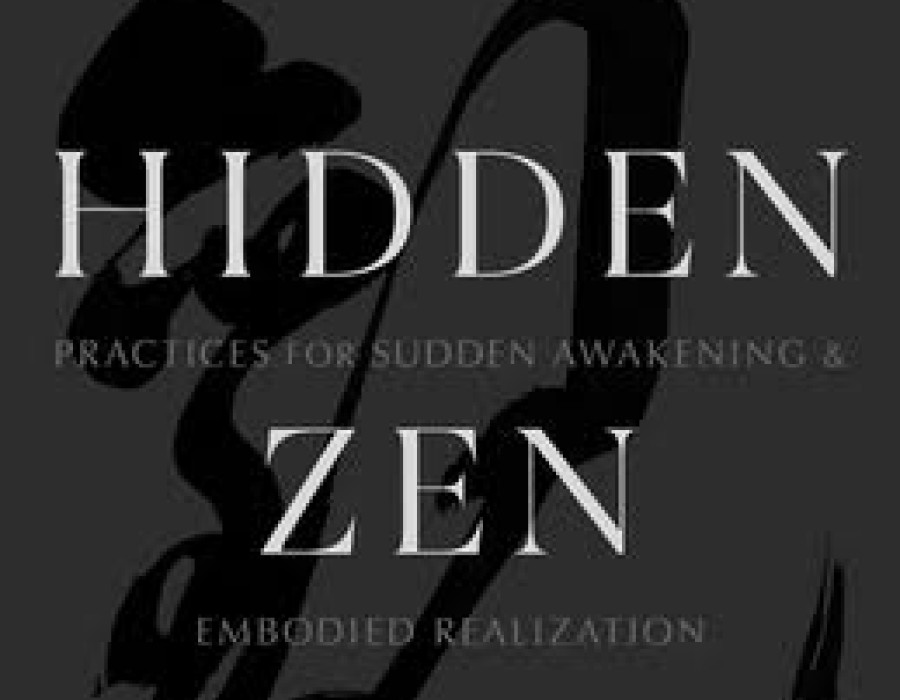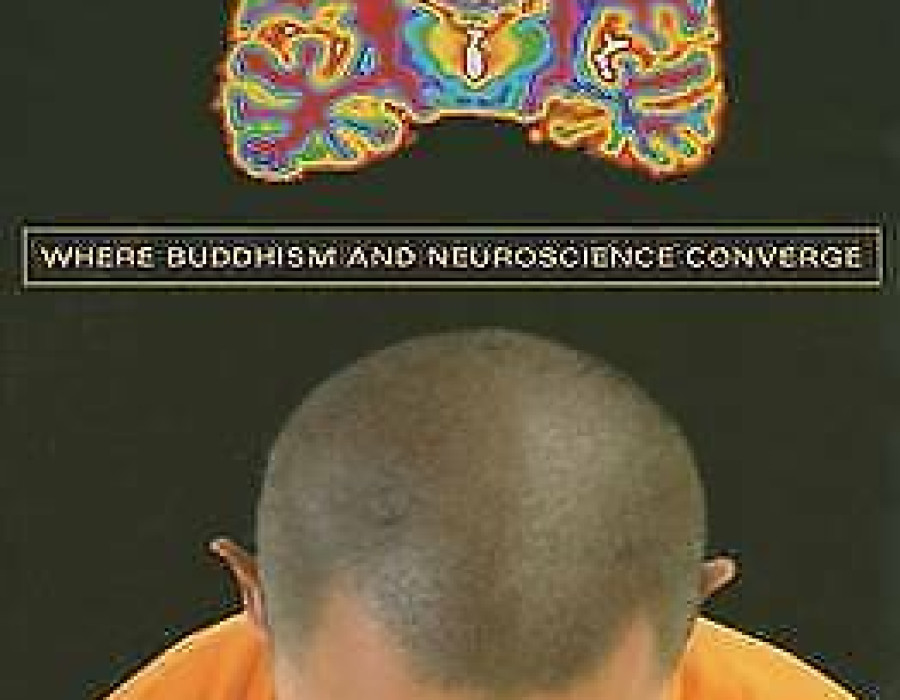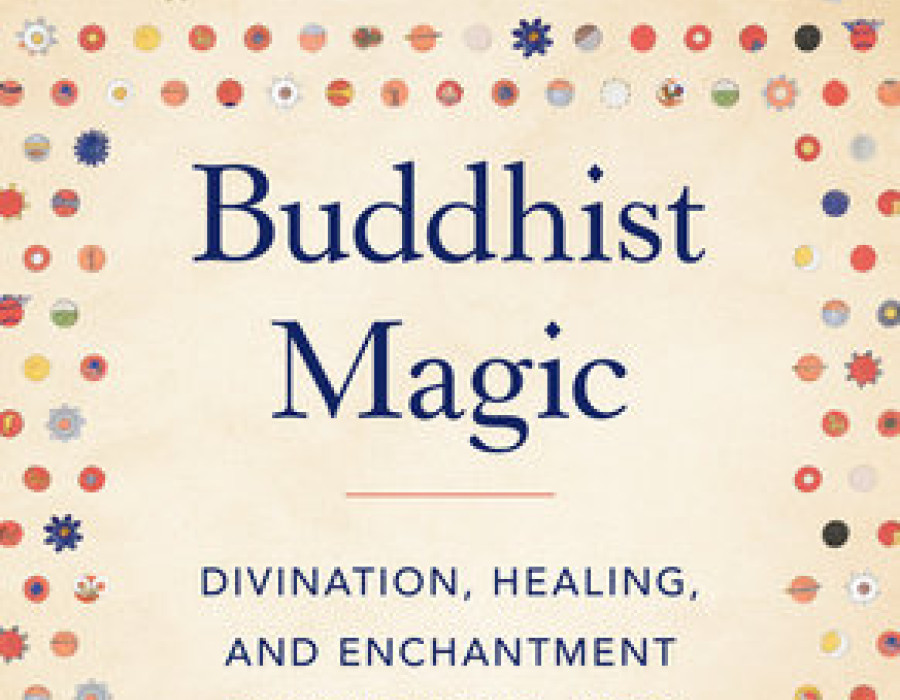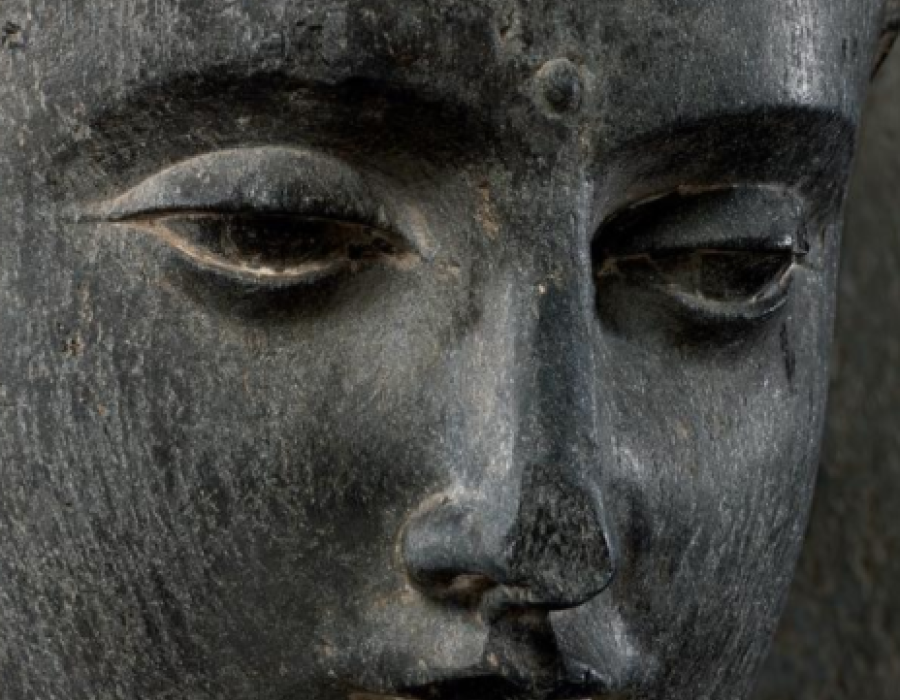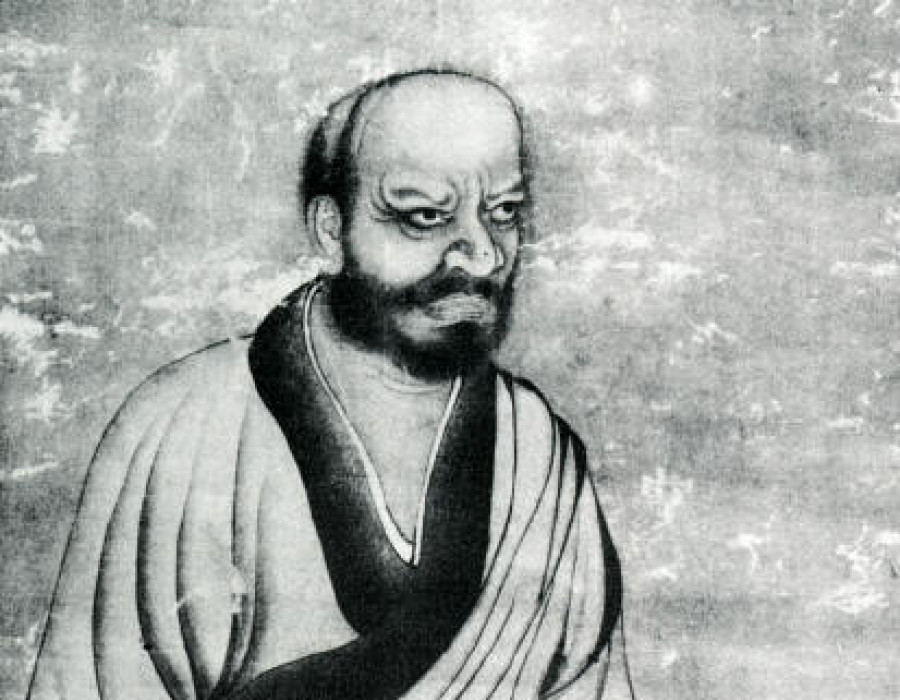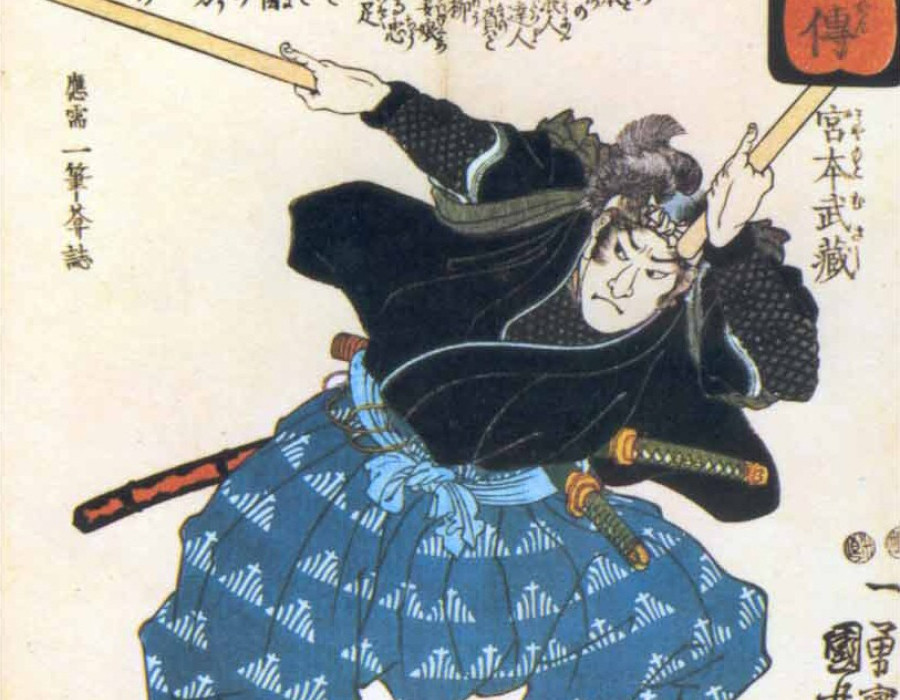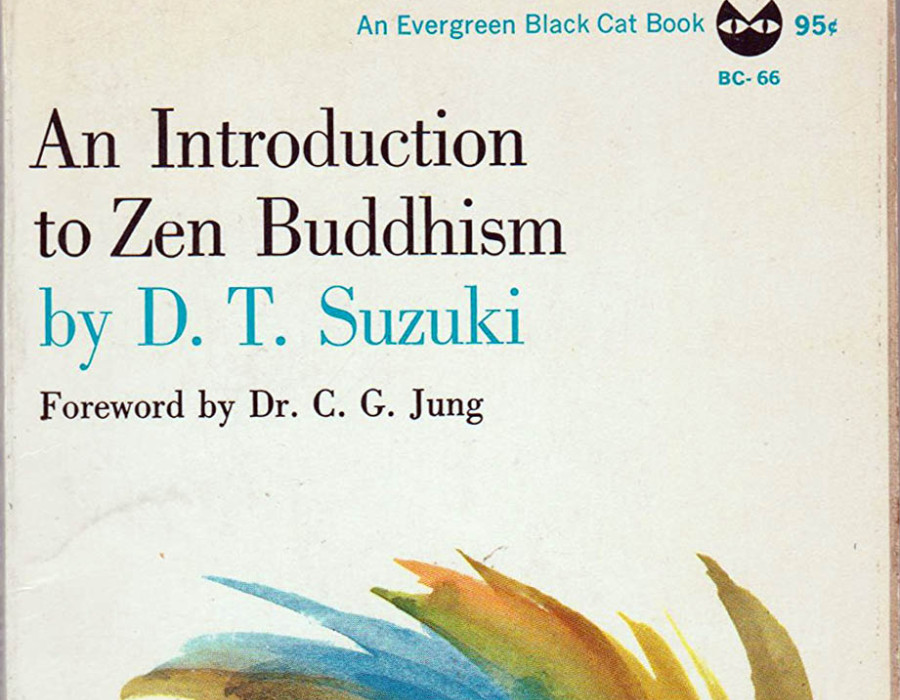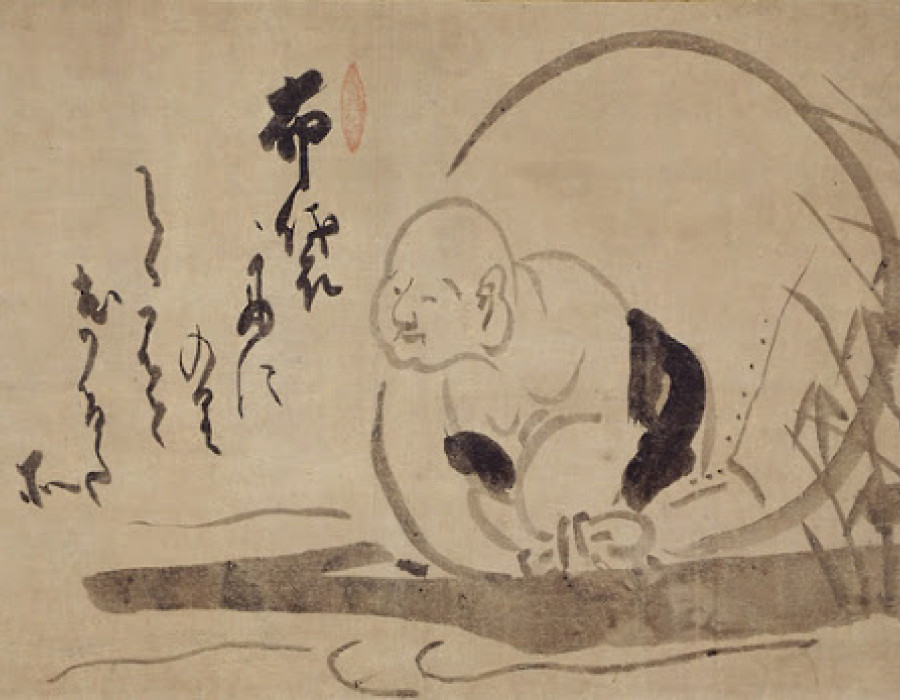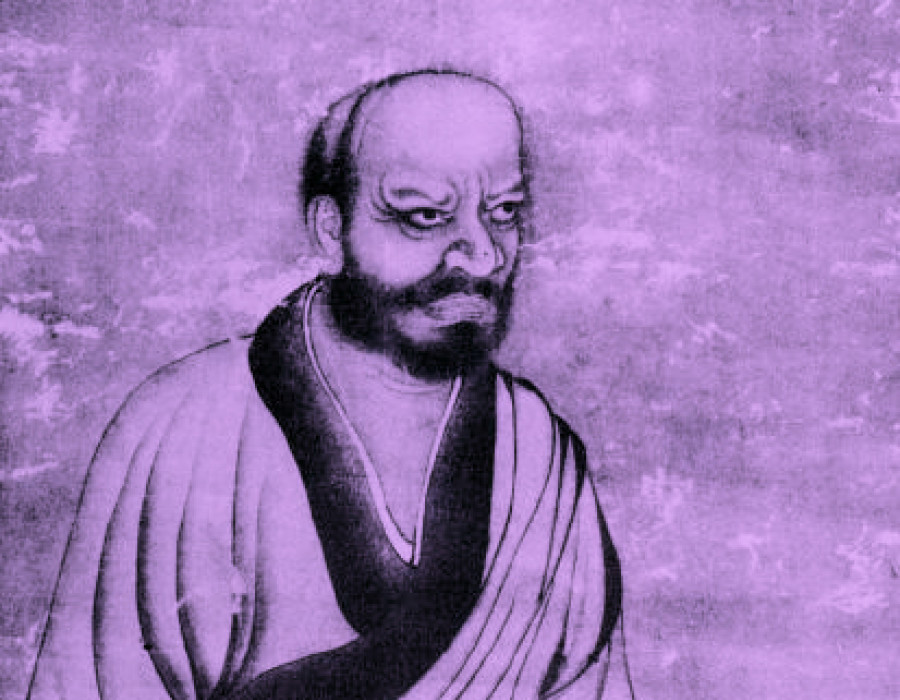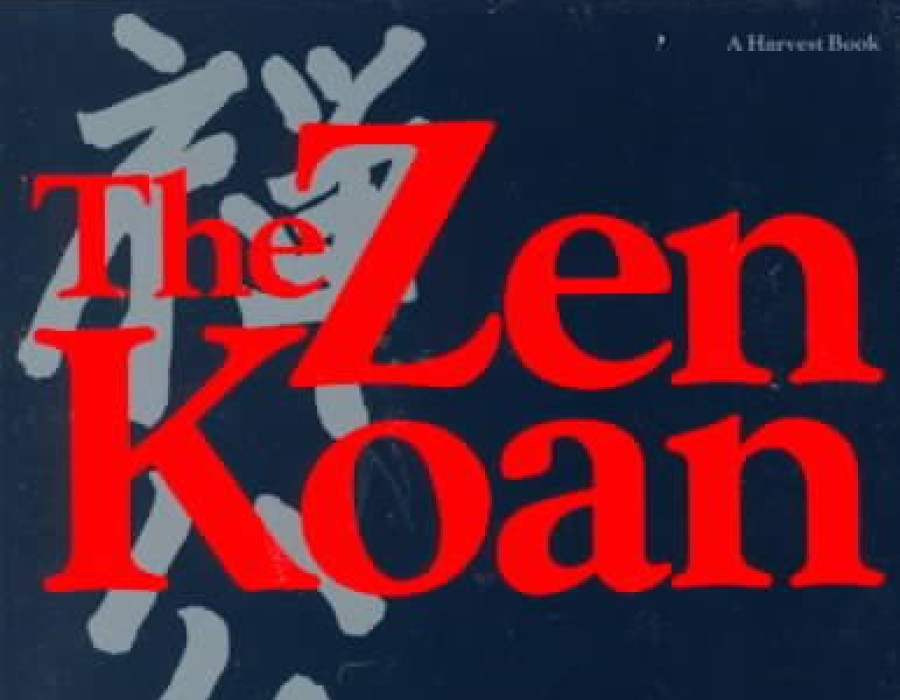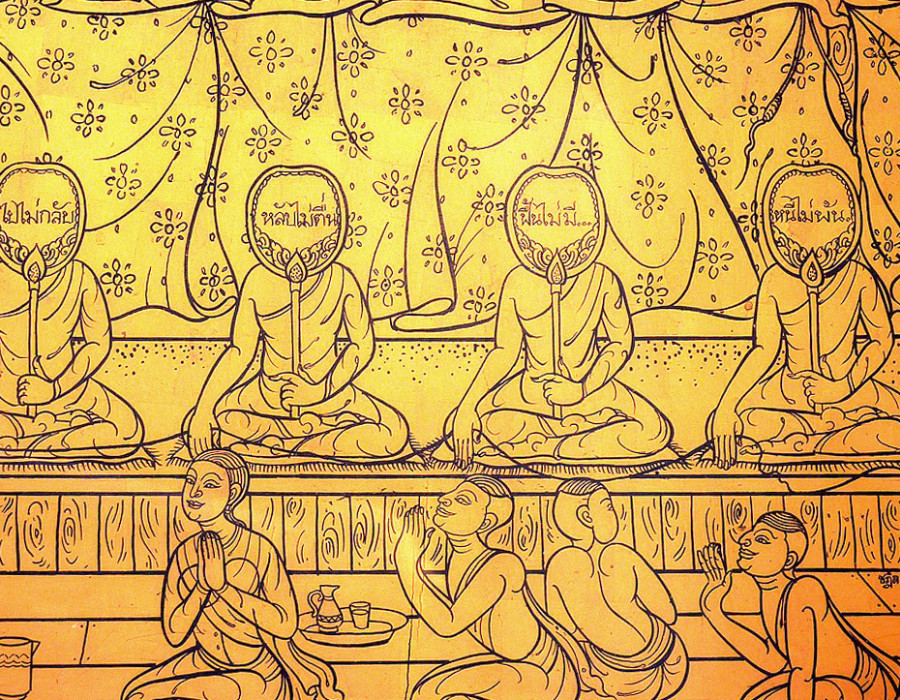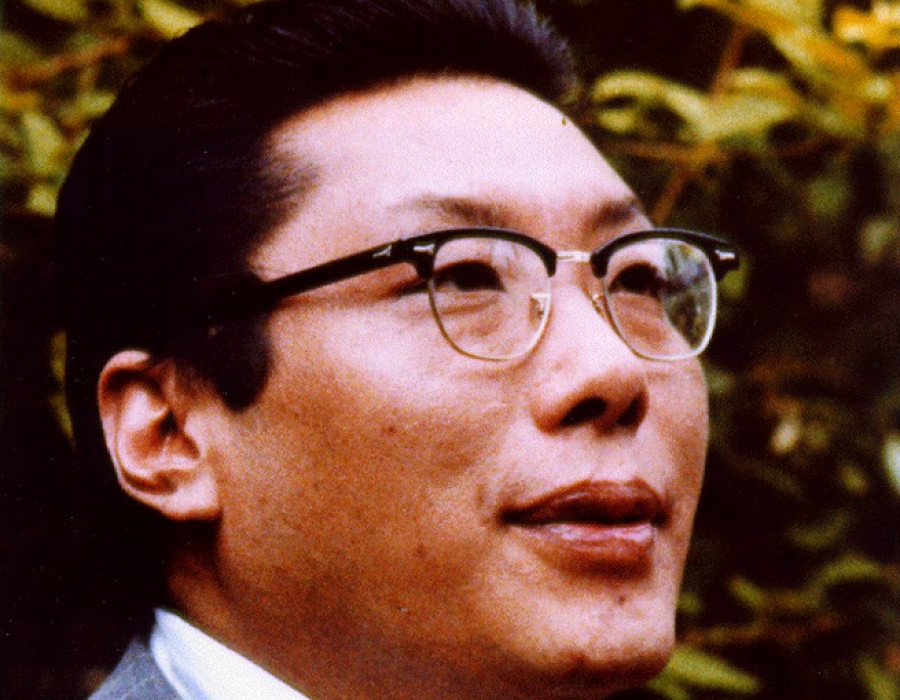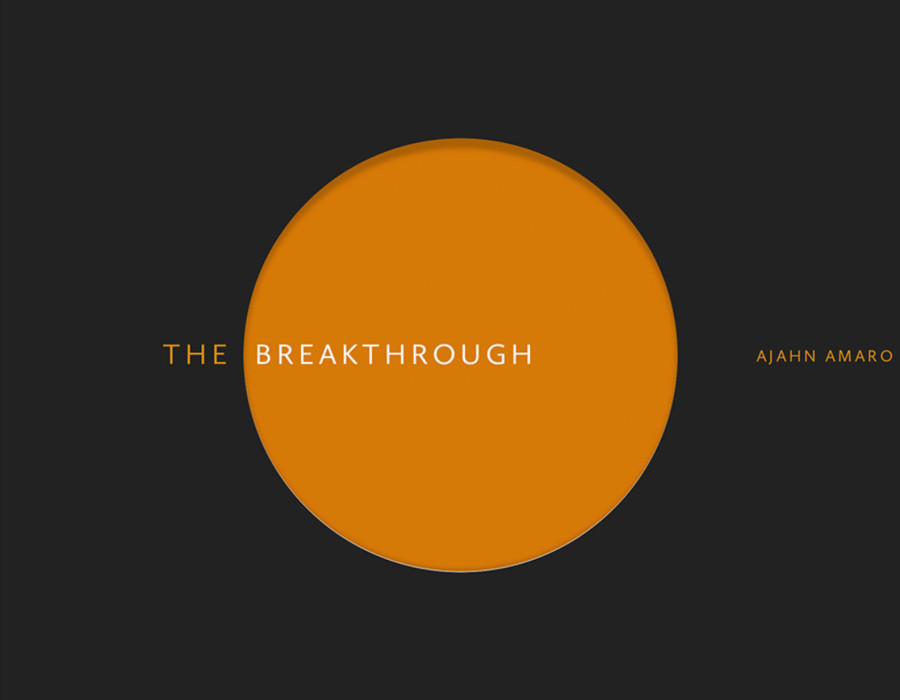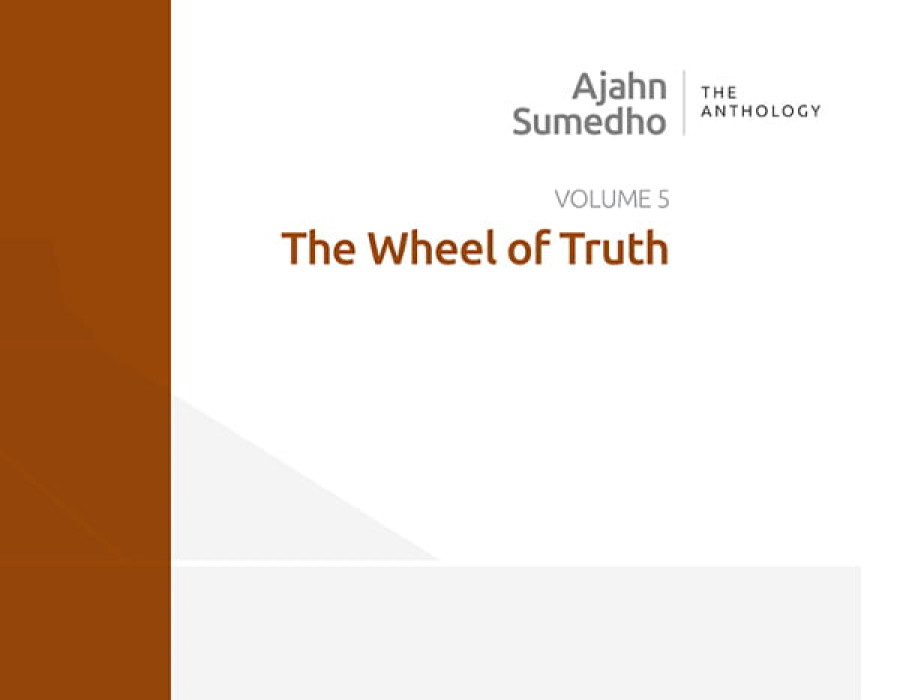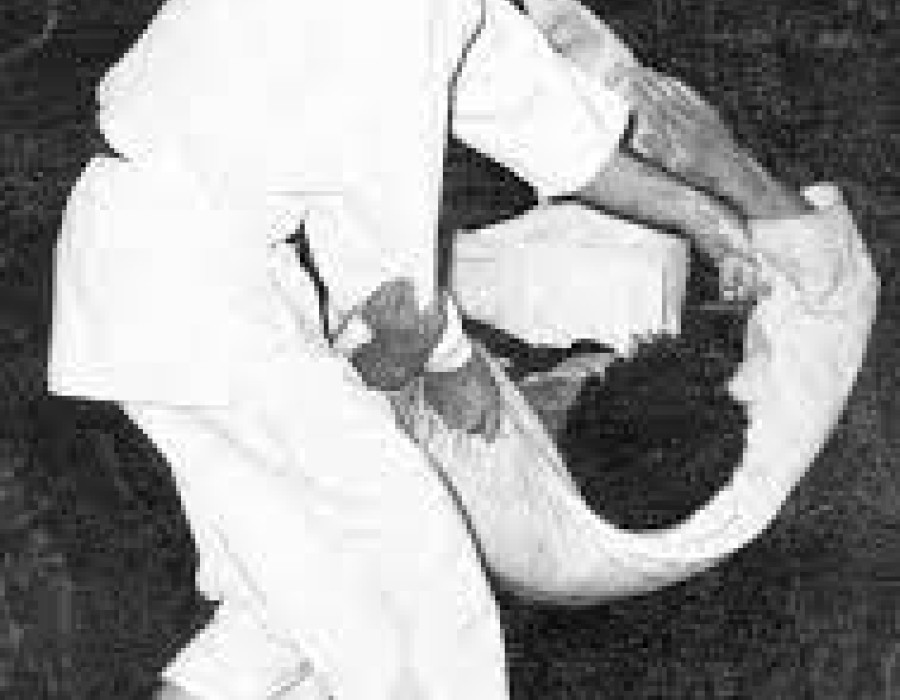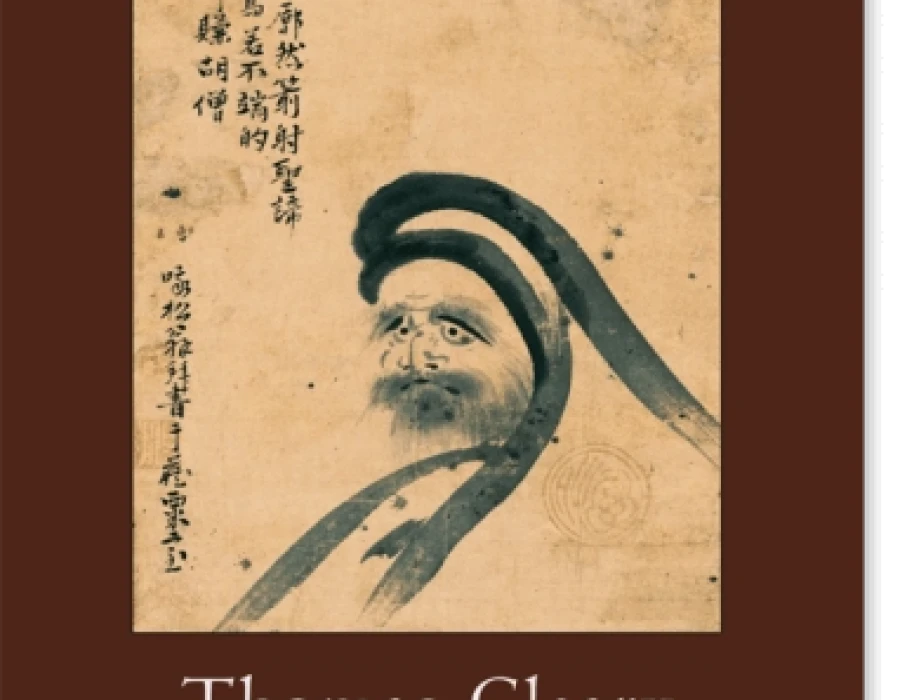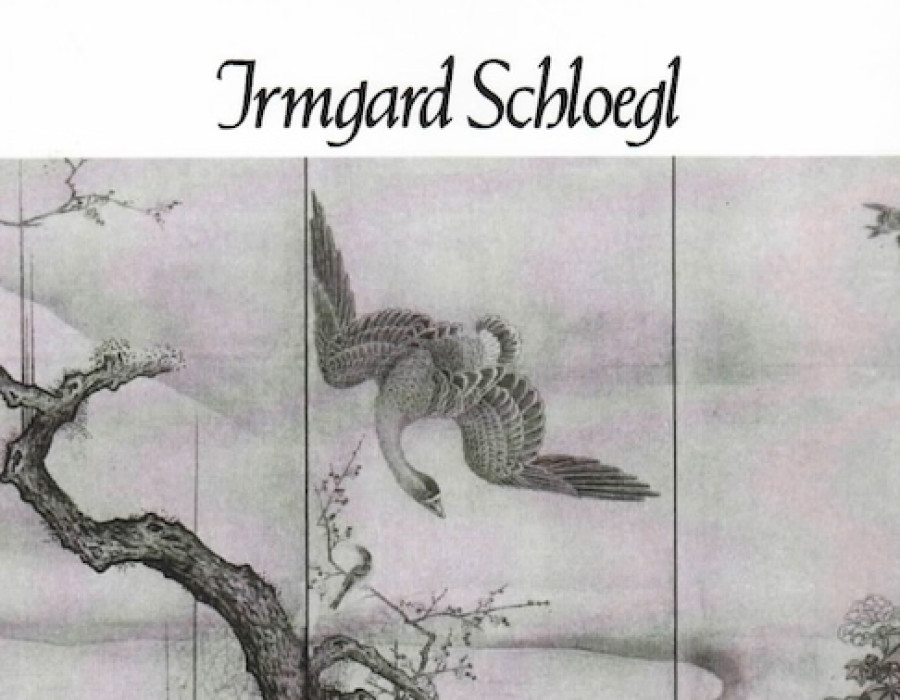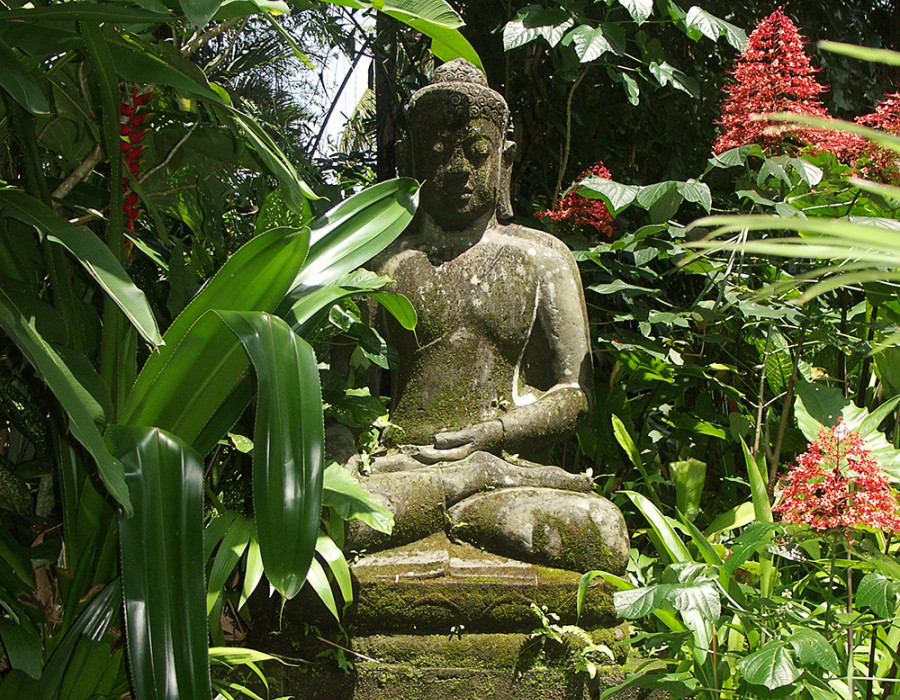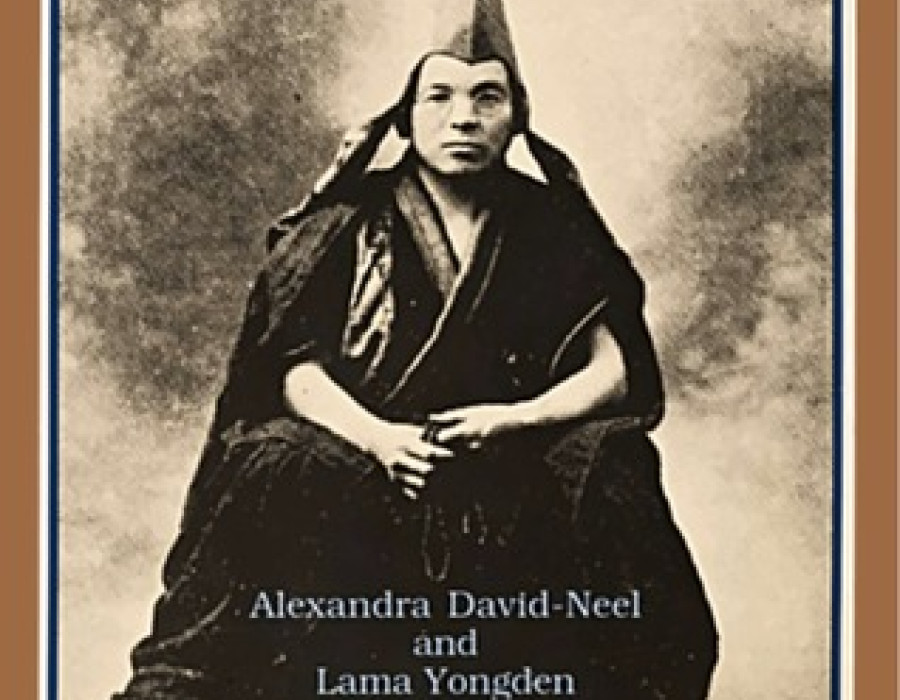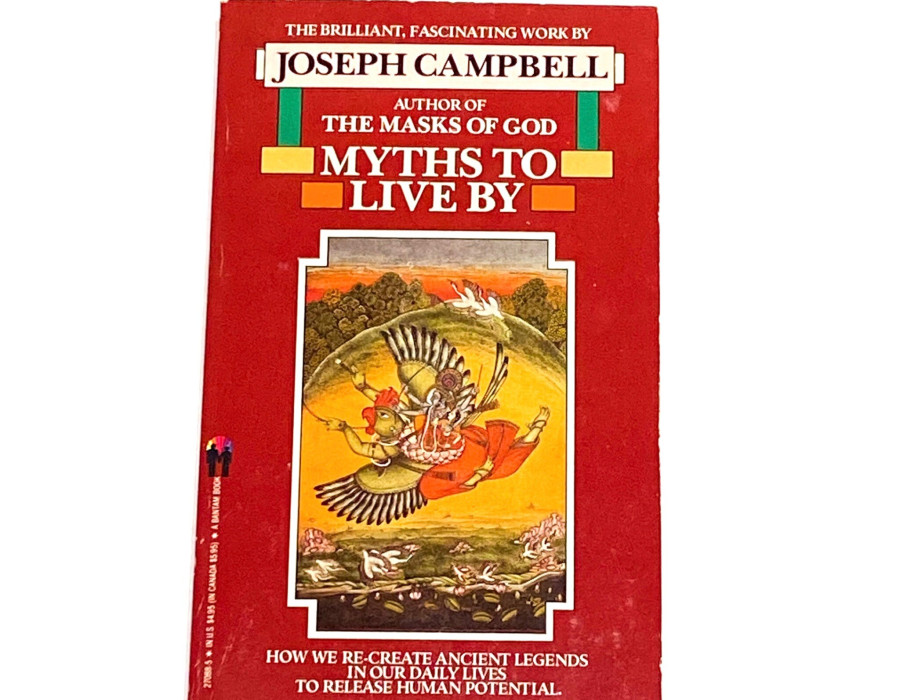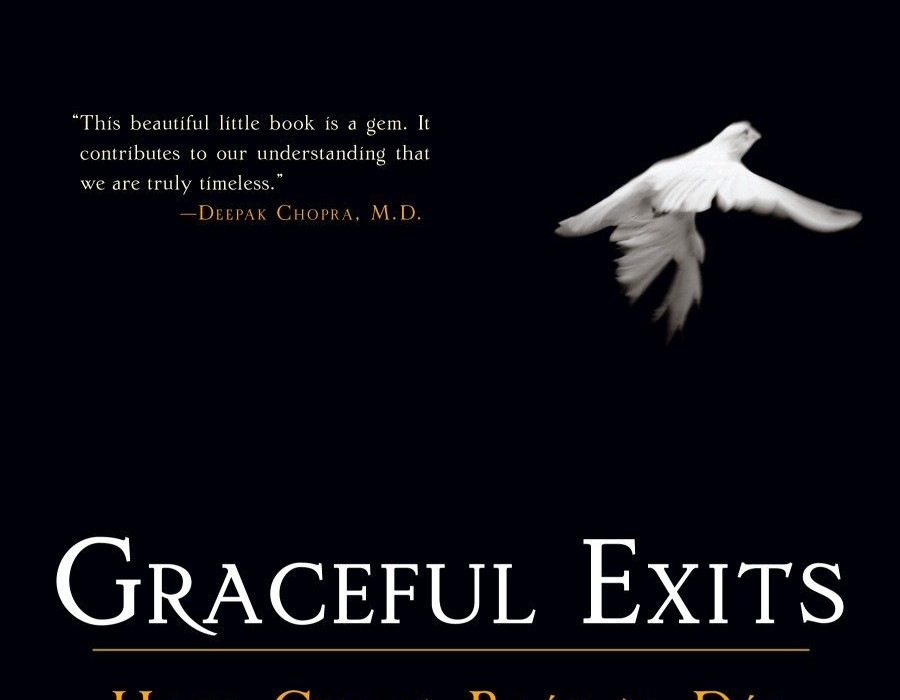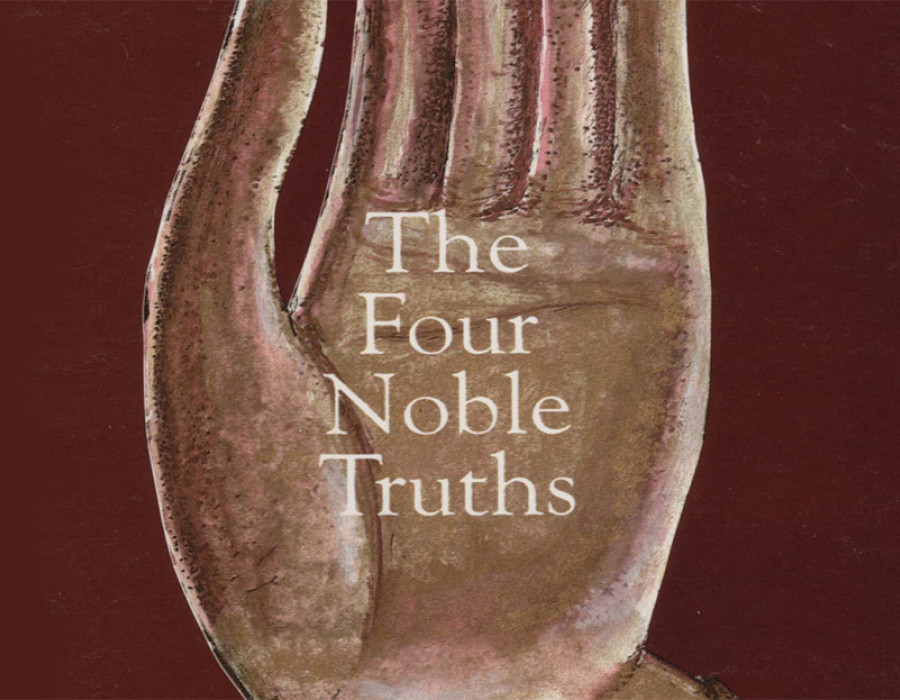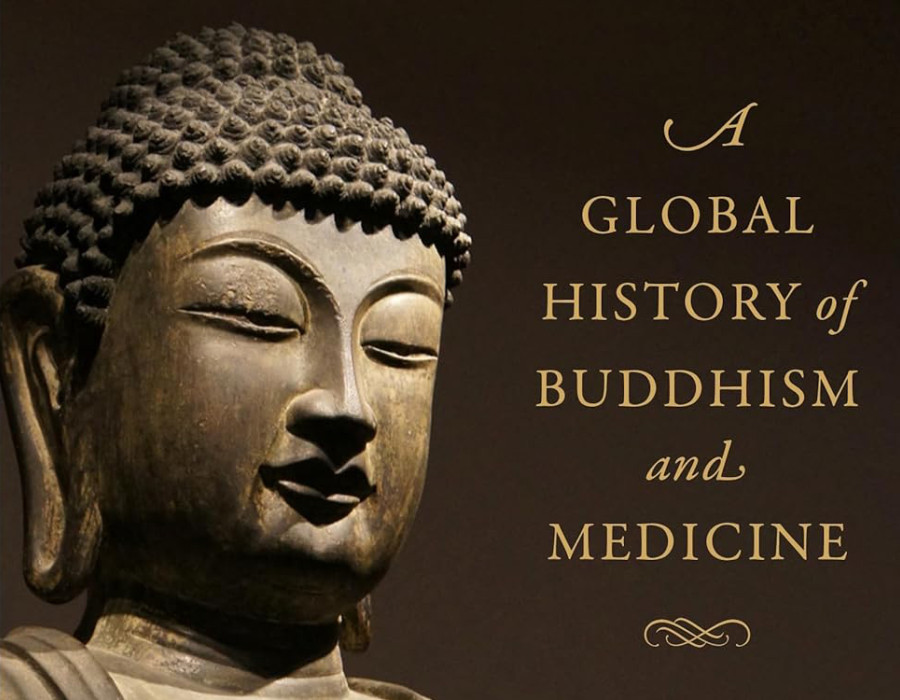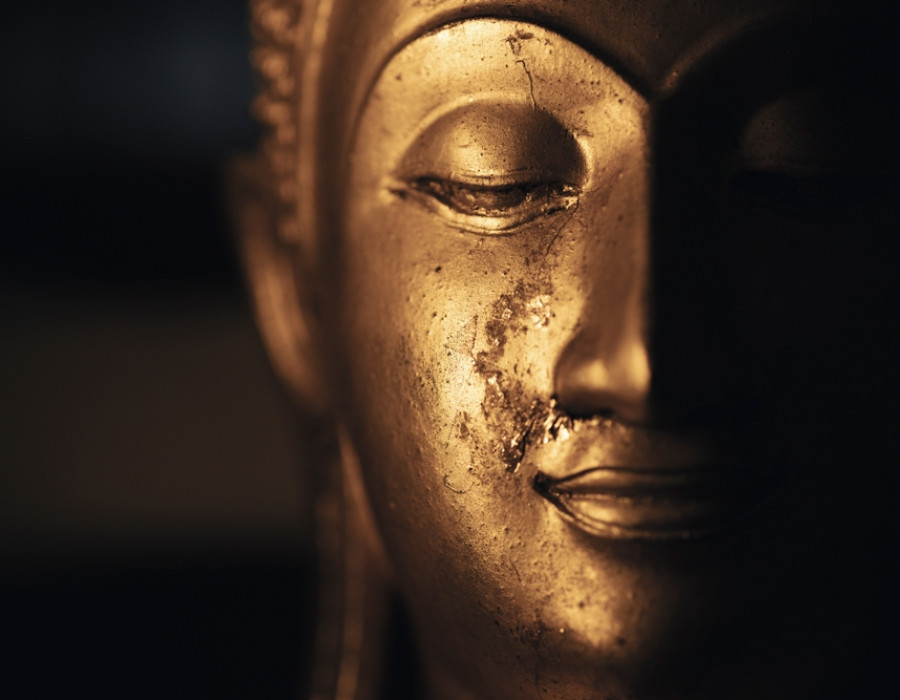Forward from 'The Daily Devotional Chants of The Zen Centre'
Book Extracts
Given that Buddhism is so concerned with self inquiry and self realisation, why is Buddhism also so devotional?
-copy-2.jpg) ©
©
Acts of devotion play a central role in religion: they help in offering something of myself up to a higher principle. In this way religion is different from other disciplines, such as psychology, with which it may overlap from time to time. At the heart of religion is a ‘going beyond’ this small self or ‘I’ to recognise and become aware of the presence of something greater of which I am a part.
When turning inward, it is all too easy to become fascinated with my thoughts and feelings. Where I have come from, where should I be going? But this is not going beyond ‘I’. Rather, it is putting one head on top of another. This heady ‘I’ is the basic problem and as the Buddha pointed out in the Four Noble Truths, it is the cause of much of our sorrow. So, anything that lifts the heart out of this small self is liberating in the Buddhist sense. This, it is important to understand, is not something that ‘I’ can do for myself. If I am the problem, then any deliberate act of mine will only increase the sum total of ‘I’ consciousness. Thus it is in handing myself over wholly and without any holding back that this liberation can occur. This is the importance of devotional actions.
To begin with, trainees are expected to join in the chanting without necessarily being told what it is they are chanting. This can be a little disconcerting at first. We are not used to it; maybe we are selling our souls without even being aware of it! Usually, the resourceful student manages to get a copy of the translations to read, so at least she or he is now aware of the content. However, some of this material is obscure and does not lend itself to immediate understanding. We should remember that apart from Daito Kokushi’s admonition, which is in old Japanese, even the monk in Kyoto does not know what he is chanting unless he looks up a translation. After a time, and some study, a degree of intellectual appreciation may arise for the subject matter. But this does not mean that it is now understood in the heart and is seamlessly integrated into life. This can take many years and, doctrinally speaking, lifetimes!
All this may make the trainee wonder what is the point of chanting? But this is precisely the point: there is nothing in it for ‘me’. The daily devotional chanting is offered up to the Buddhas and bodhisattvas and for the welfare of all sentient beings. How this chanting will be beneficial is not clear to me, and it does not matter. If I really give my heart to it, each day, with utmost sincerity, then the effect becomes obvious over time. But how it works is a mystery to me, and this is very much the point. The essence of the Buddha’s realisation he never spoke about. He only showed the way, for the simple reason that it ‘passeth beyond human understanding’ – it is the very ground upon which we all stand. A mystery is not supposed to be understood; we simply live in its presence and listen to it. That is all.
(The Daily Devotional Chants of The Zen Centre with comments by Ven. Myokyoni, pub. The Buddhist Society)
…
You can find The Zen Gateway’s Chanting audio course here.

